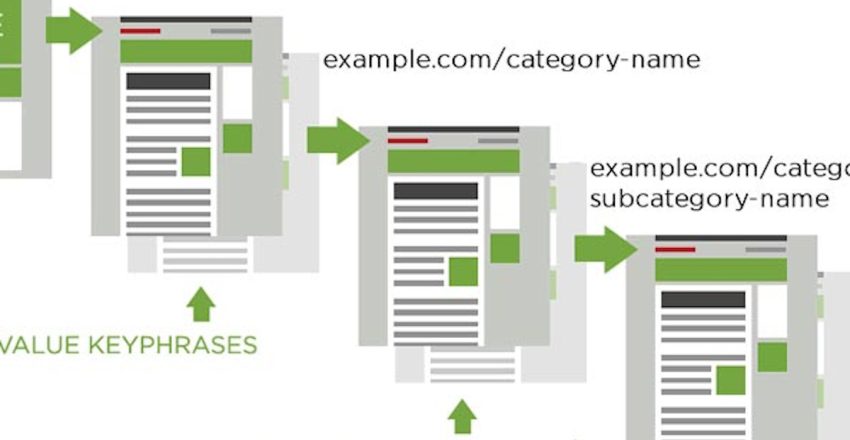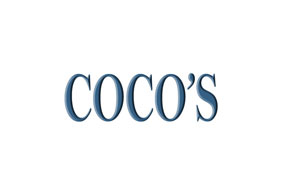Every site owner should know that keywords play a massive part in SEO and are used extensively by Google to assess a website and subsequently rank it.
Keywords can be used in multiple places as part of an SEO strategy such as your domain name, your content, anchor text in backlinks, and in meta tags.
The question which then arises is ‘Do any of these keyword ‘locations’ carry more weight than the others in the eyes Google?’. The simple answer is ‘Yes’.
In the world of SEO, extensive testing takes place with some consultants having hundreds of websites which they use to test SEO strategies, adjustments, and ranking theories to see which make a positive difference to a website’s ranking. Many changes are subtle and minute such as editing a single meta tag. The accumulation of all this data has concluded that Google places more importance on keywords which appear in certain places than others.
The main principle behind that Google’s thinking on keywords is that the harder it is to use a keyword, then the more importance they will place on it. In other words, they give a higher-ranking score for the places it is most difficult to achieve the use of a keyword.
So, what does Google see as the most difficult? Answer: the domain name. When Google crawls a site, the first thing it looks at is the domain name so if you have a domain that describes what the site is about then this is a positive.
Therefore, choosing as close to an exact match domain as you can get is important. Compare ‘dallasdoggrooming.com’ to ‘dallaspetcare’ if you were trying to rank for the term ‘dog grooming in Dallas’ and it shouldn’t be too difficult to work out that the first site will be ranked higher.
Second, on the list is the use of a keyword within anchor text on other websites. Here, you first need to find the websites, speak to the website owner, ask if they will allow you to post a backlink to your site and whether it can include anchor text. It is a great way to boost your ranking, but it does not happen overnight and takes a fair degree of work.
The next four in order are inner URLs, page titles, and meta descriptions, and finally content, which Google gives the least weight to, in terms of keywords. These can all be created by yourself, so the degree of difficulty is not as high as the previous two.
You might ask why Google sees a domain name or creating external anchor text links as more difficult to rank a keyword for than say using it in a piece of content. If you have ever spent ages trying to find a domain name that has not already been taken you already know part of the answer. Lots of good and relevant keyword phrases and their equivalent domains are not available so to get an exact match domain is not always possible or easy.
When considering anchor text, to build up a large number of backlinks which include your keyword anchor text takes time, and that is just for one keyword phrase. You then must go through the same process for each keyword. If you have twenty or more keywords you want to rank for, it is a significant undertaking
Compare these to the difficulty of including your keyword phrase in a blog post. It is not difficult at all and you can include it in several places throughout your article. This brings us back to the principle behind Google’s hierarchy of keywords, and why they consider the degree of difficulty when calculating a website’s ranking for a specific keyword.



























